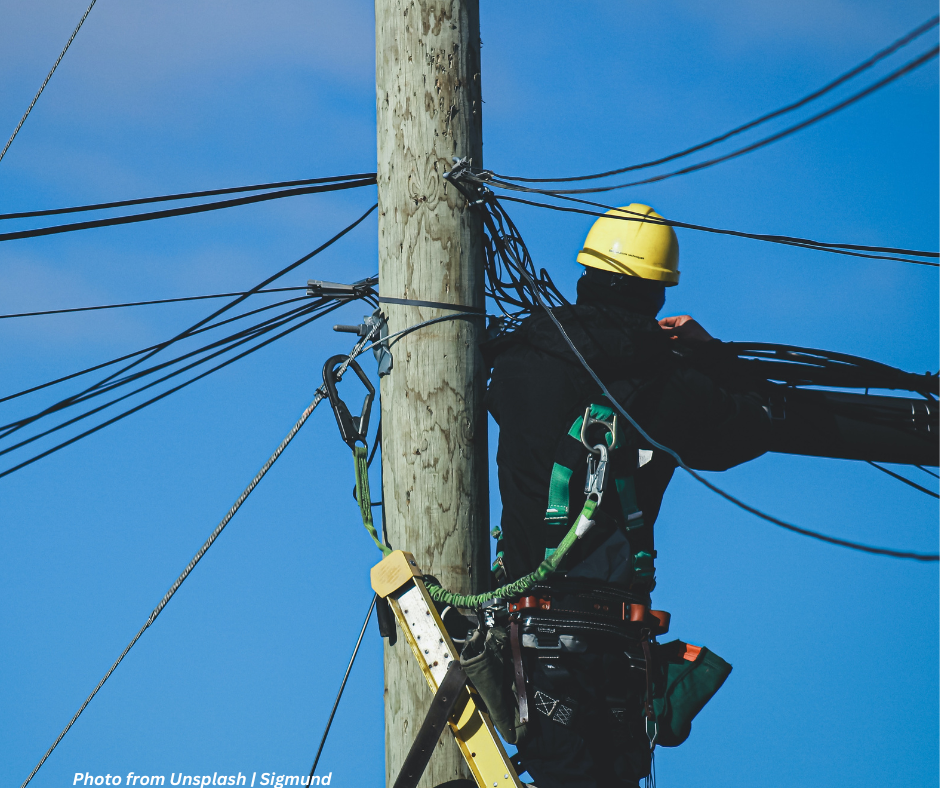
Photo from Unsplash | Sigmund
The following post does not create a lawyer-client relationship between Alburo Alburo and Associates Law Offices (or any of its lawyers) and the reader. It is still best for you to engage the services of a lawyer or you may directly contact and consult Alburo Alburo and Associates Law Offices to address your specific legal concerns, if there is any.
Also, the matters contained in the following were written in accordance with the law, rules, and jurisprudence prevailing at the time of writing and posting, and do not include any future developments on the subject matter under discussion.
AT A GLANCE:
- Brownouts of short duration but not exceeding 20 minutes shall be treated as compensable hours whether used productively by the employees or not.
- Brownouts running for more than 20 minutes may not be treated as hours worked provided that (1) the employees can leave their workplace or go elsewhere whether inside or outside the work premises; or (2) the employees can use the time effectively for their own interest.
Article 84 of the Labor Code states that hours worked shall include (a) all time during which an employee is required to be on duty or to be at a prescribed workplace; and (b) all time during which an employee is suffered or permitted to work.
The Omnibus Rules Implementing the Labor Code (Section 4, paragraph d, Rule I, Book III) provides that the time during which an employee is inactive by reason of work interruptions beyond his control is considered working time, either if the imminence of the resumption of work requires the employee’s presence at the place of work or if the interval is too brief to be utilized effectively and gainfully in the employee’s own interest.
Policy Instruction No. 36 of then-Ministry of Labor and Employment issued on May 22, 1978 provides:
“Brownouts of short duration but not exceeding 20 minutes shall be treated as compensable hours whether used productively by the employees or not.
Brownouts running for more than 20 minutes may not be treated as hours worked provided that any of the following conditions are present:
- The employees can leave their workplace or go elsewhere whether inside or outside the work premises; or
- The employees can use the time effectively for their own interest.”
Accordingly, in case of either of the foregoing, the employer may extend the working hours of his employees beyond the regular schedule to compensate for the loss of productive man-hours without being liable for overtime pay.
For industrial enterprises with one or two work shifts, the employer may adopt any of the work shifts prescribed for enterprises with three (3) work shifts to prevent serios loss or damage to materials, machineries or equipment that may result in case of power interruptions.
Further, the days when work was not required and no work could be done due to the power interruptions, shall not be considered as hours worked.
Read also: What are the principles in determining hours worked?
Alburo Alburo and Associates Law Offices specializes in business law and labor law consulting. For inquiries regarding taxation and taxpayer’s remedies, you may reach us at info@alburolaw.com, or dial us at (02)7745-4391/0917-5772207.
All rights reserved.


